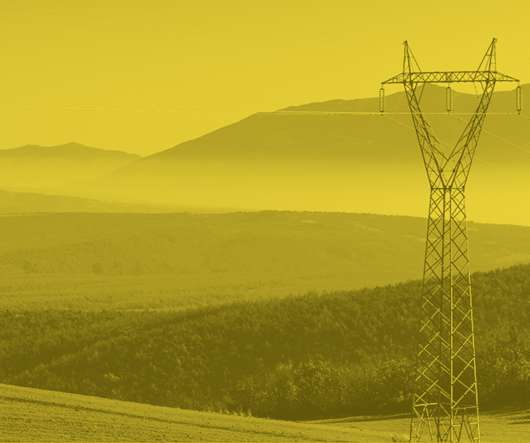GHG Protocol: Scope 2 Emissions Explained
Green Business Bureau
MAY 16, 2022
Scope 2 emissions are indirect GHGs released from the energy purchased by an organization. They’re the result of bought energy, such as electricity, steam, heat, and cooling. The amount of energy you use that contributes to business scope 2 emissions will be reflected in your energy bill.















Let's personalize your content